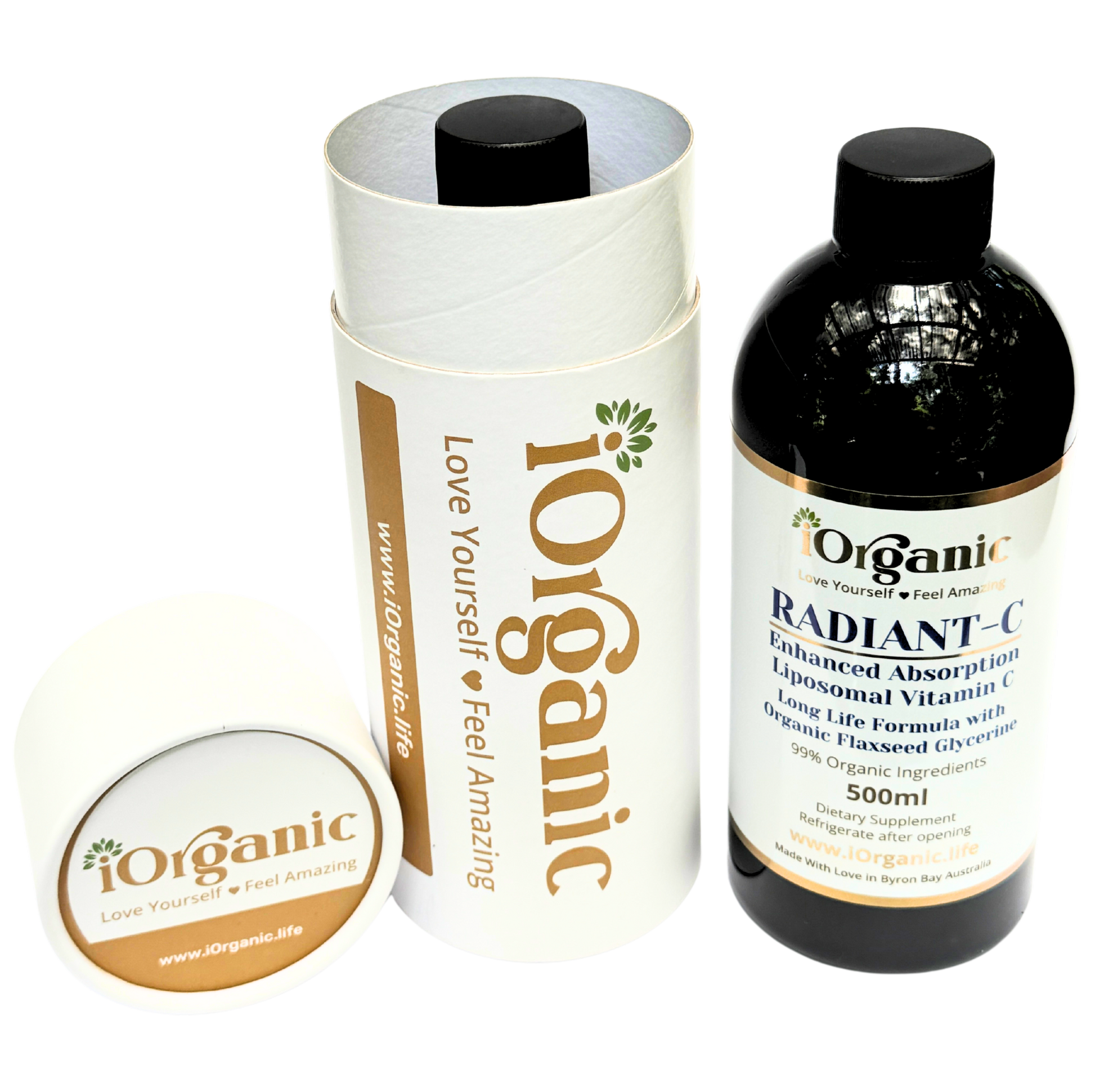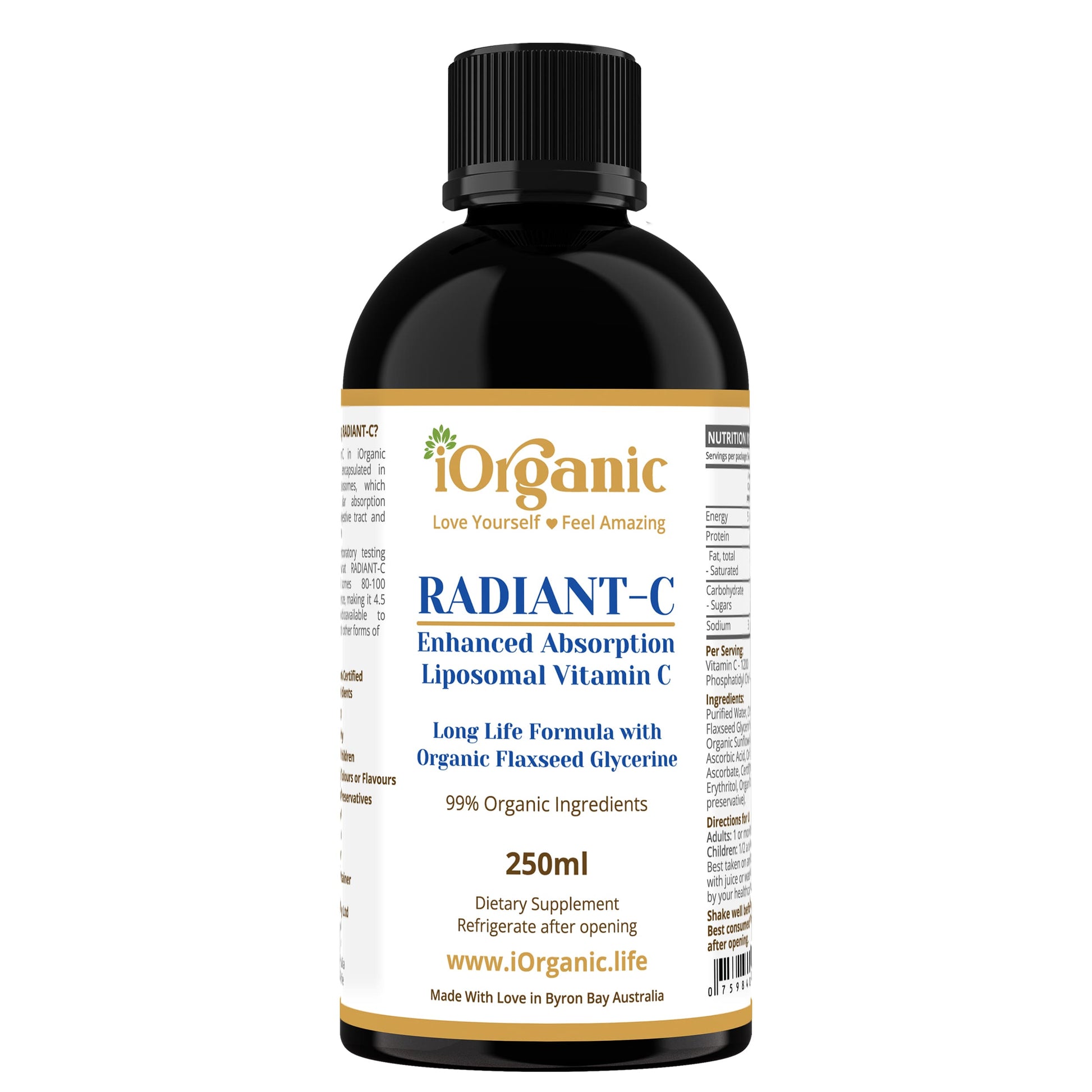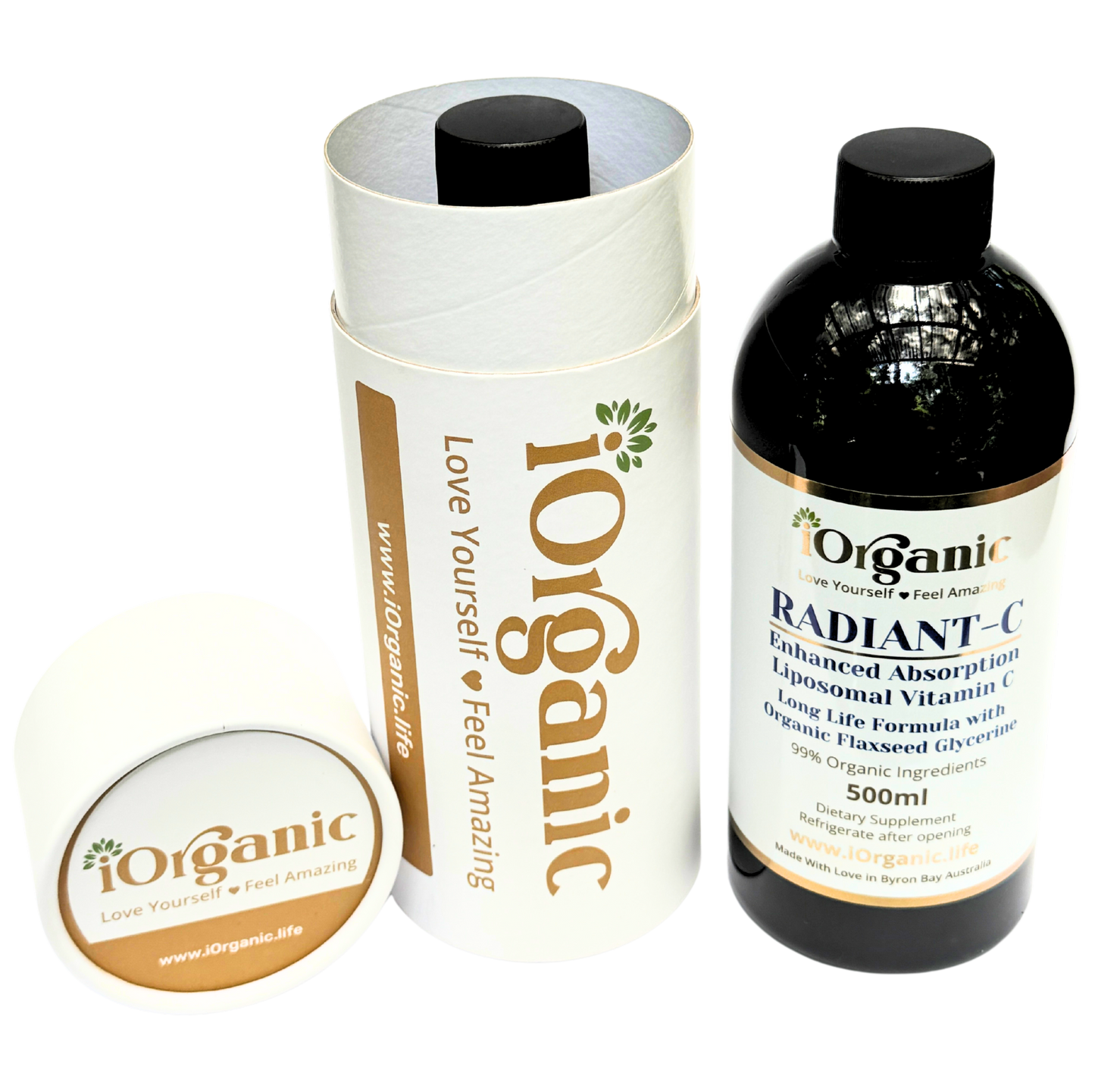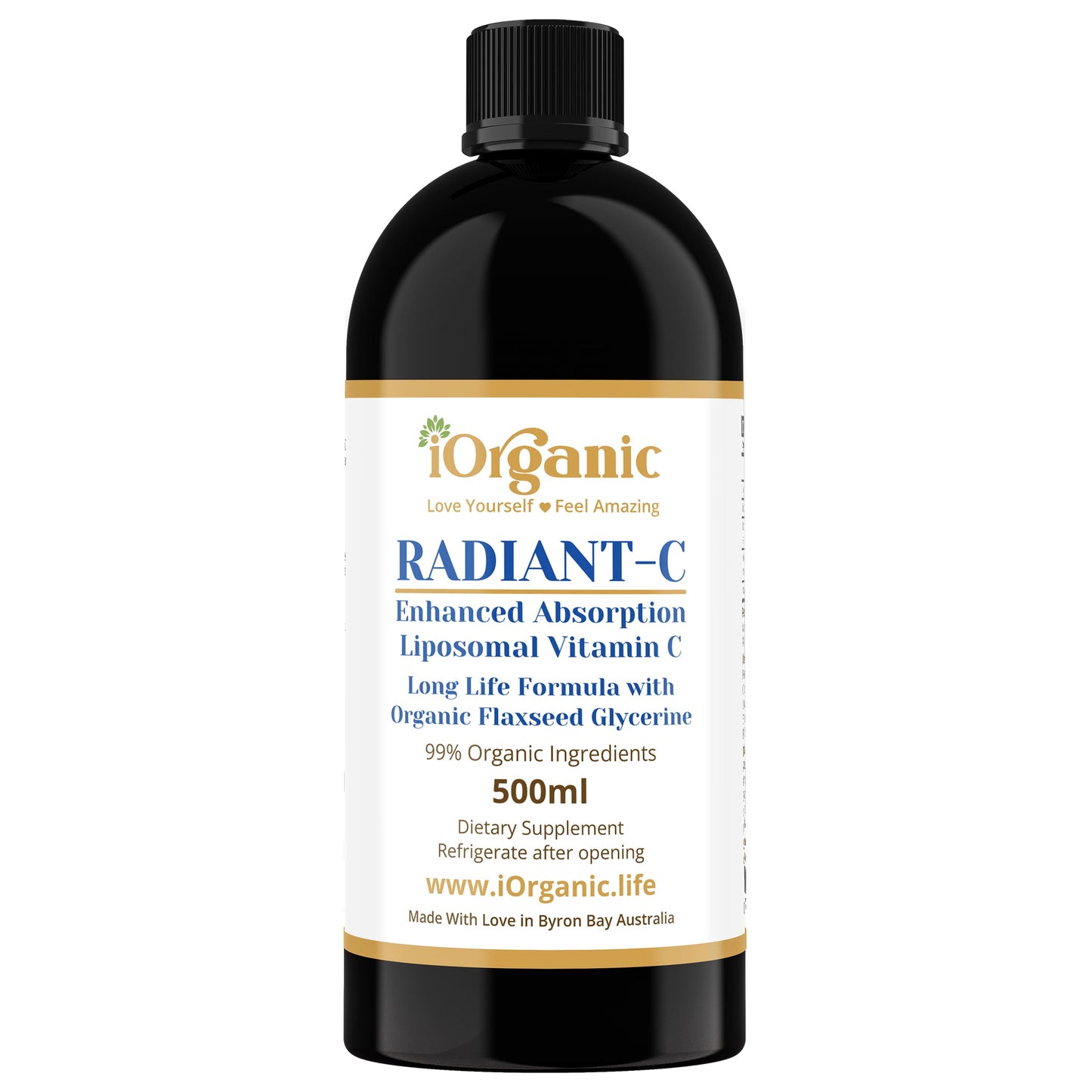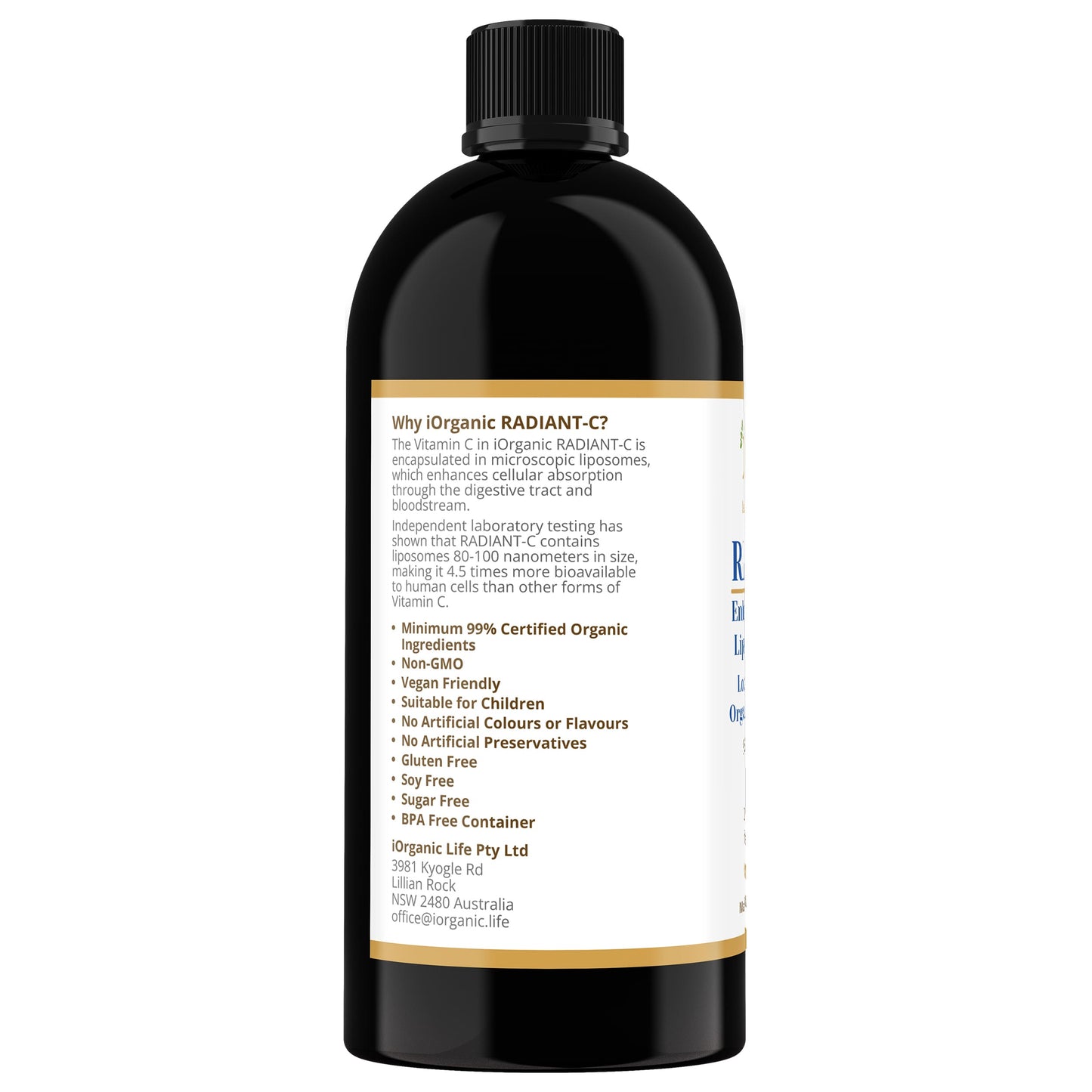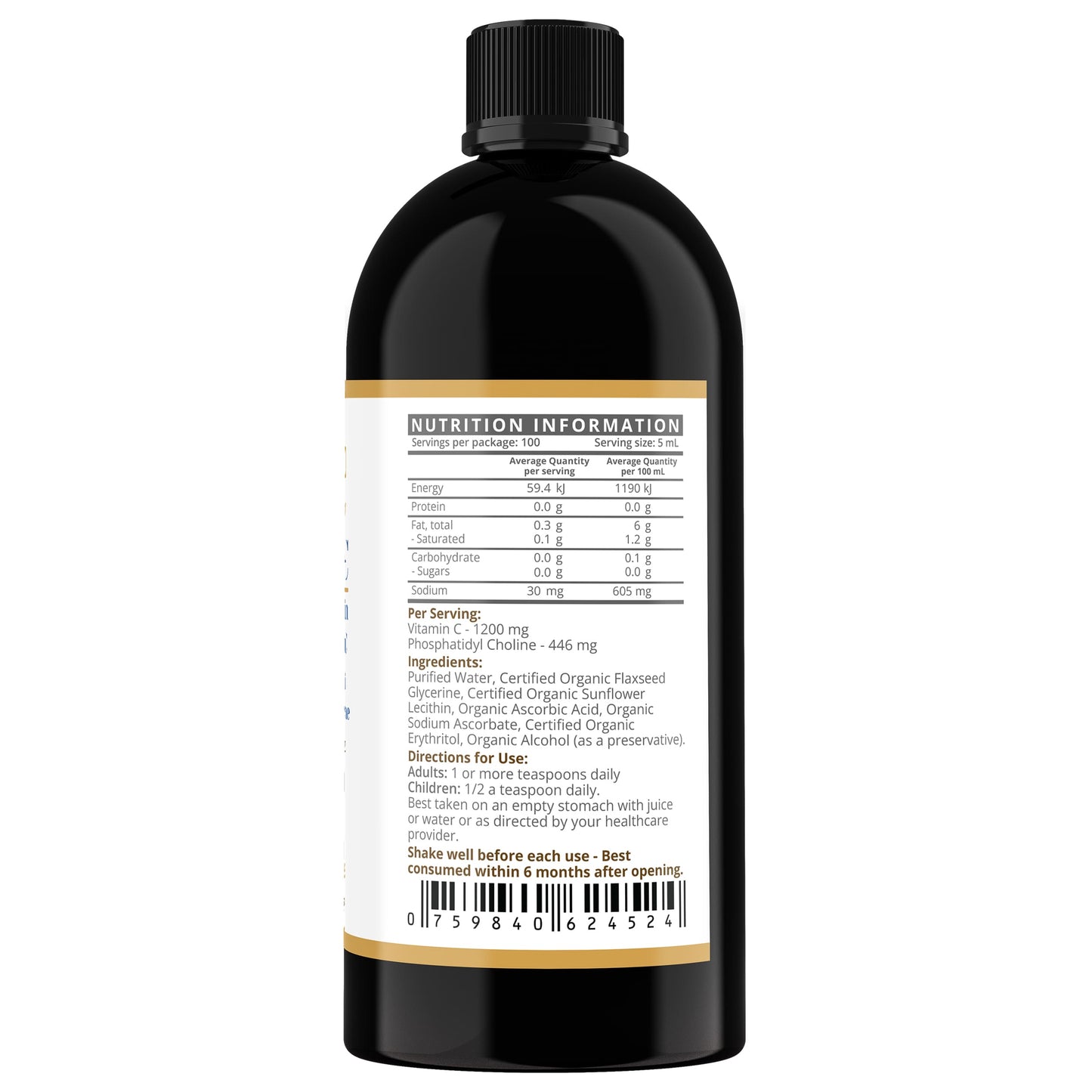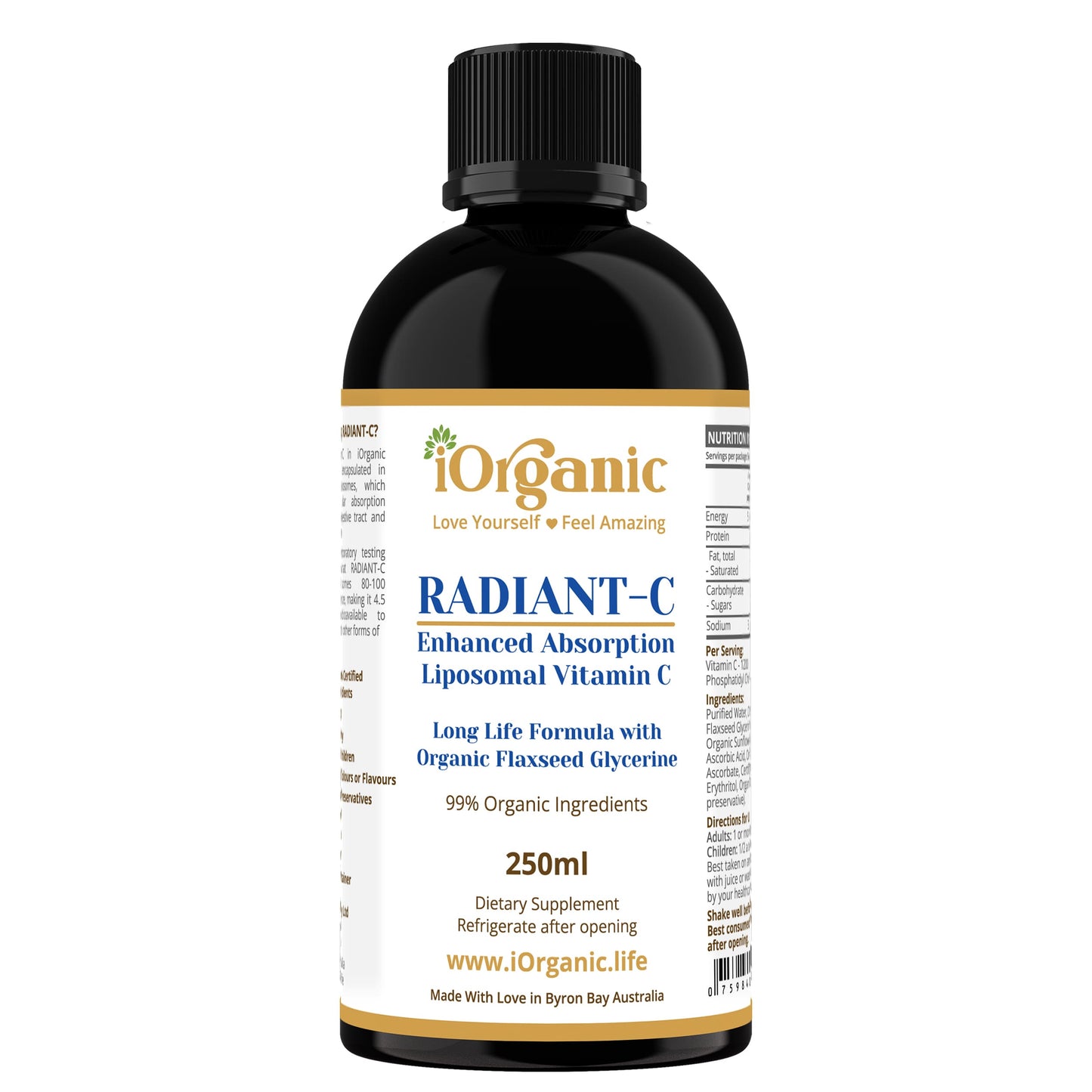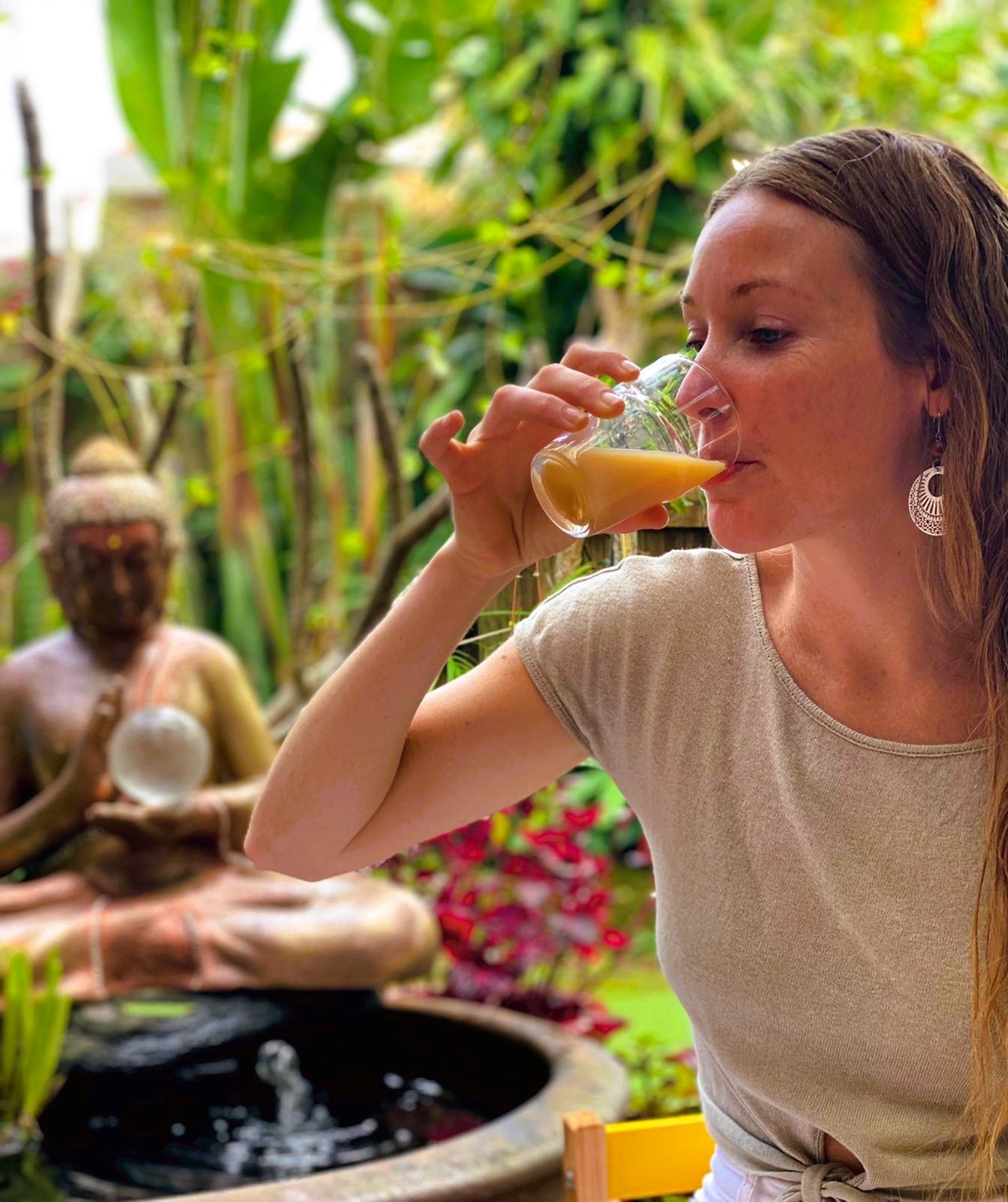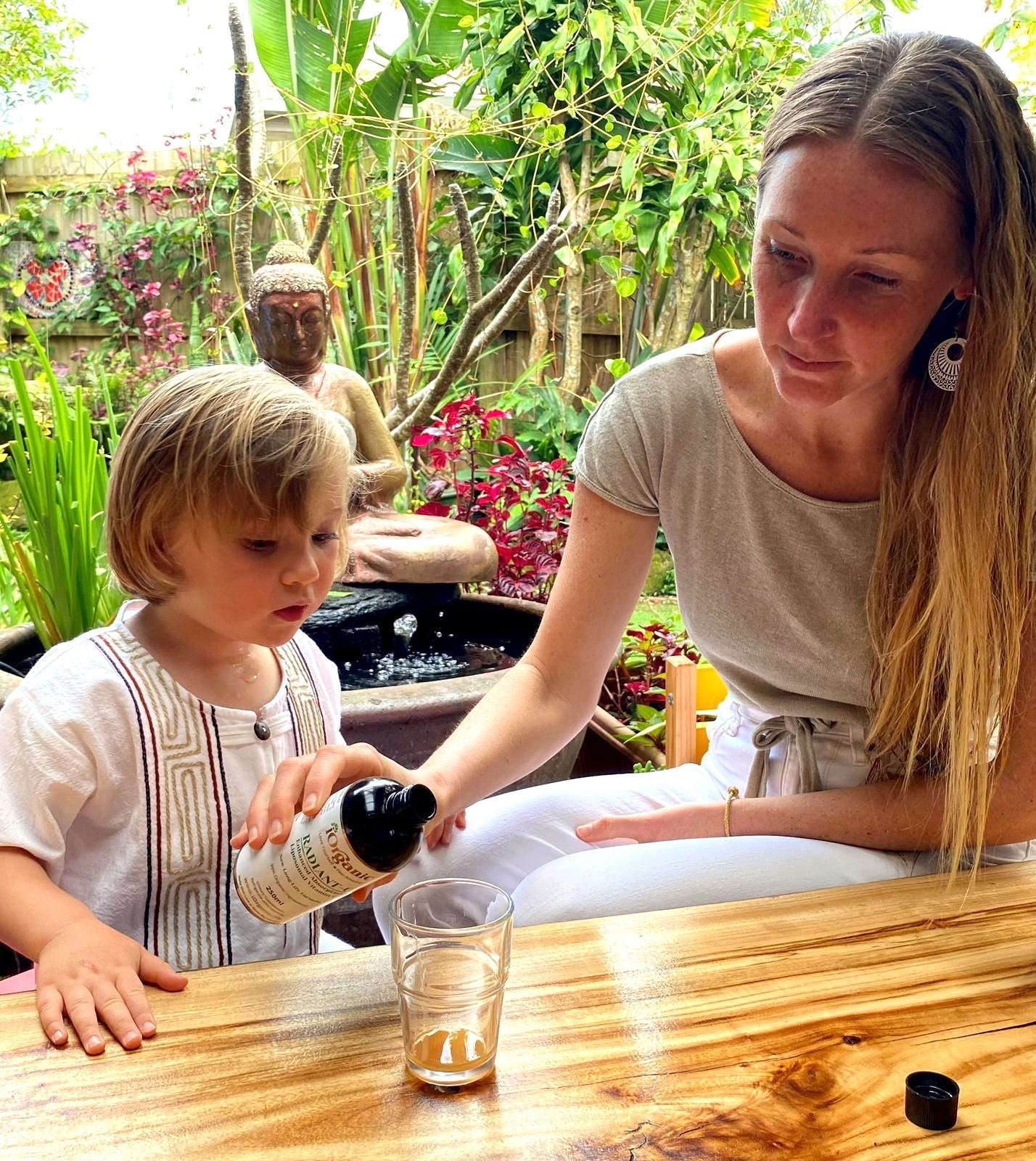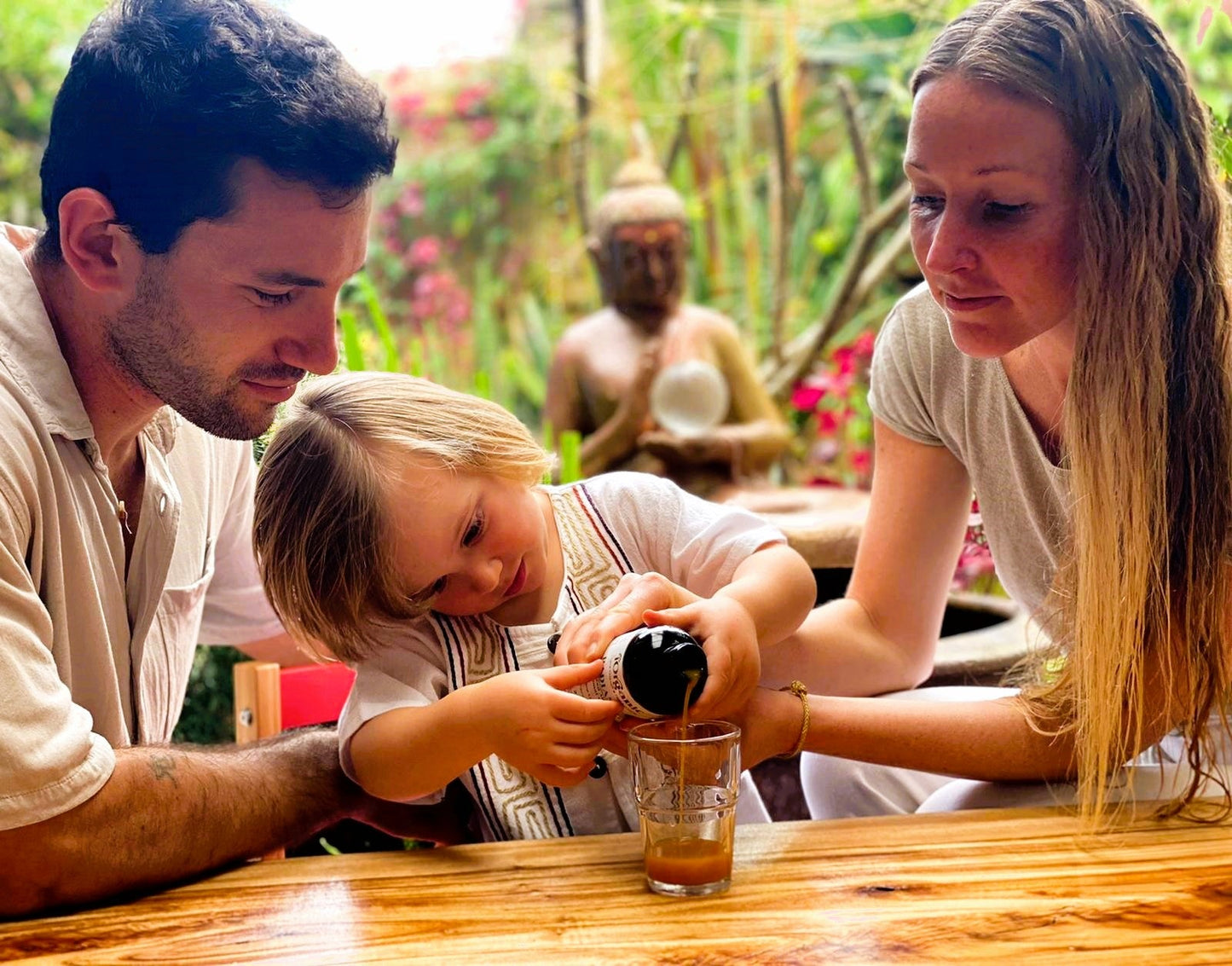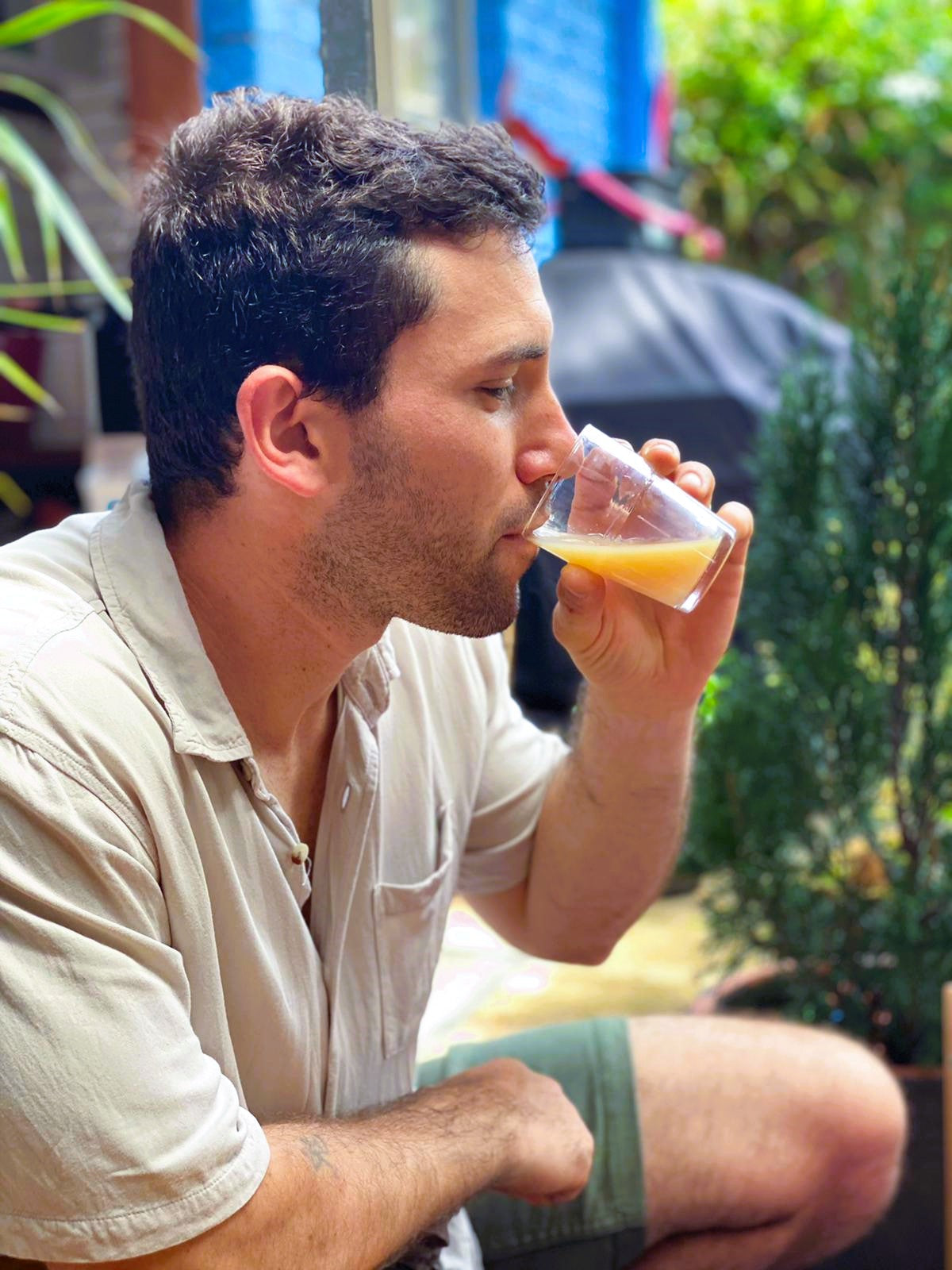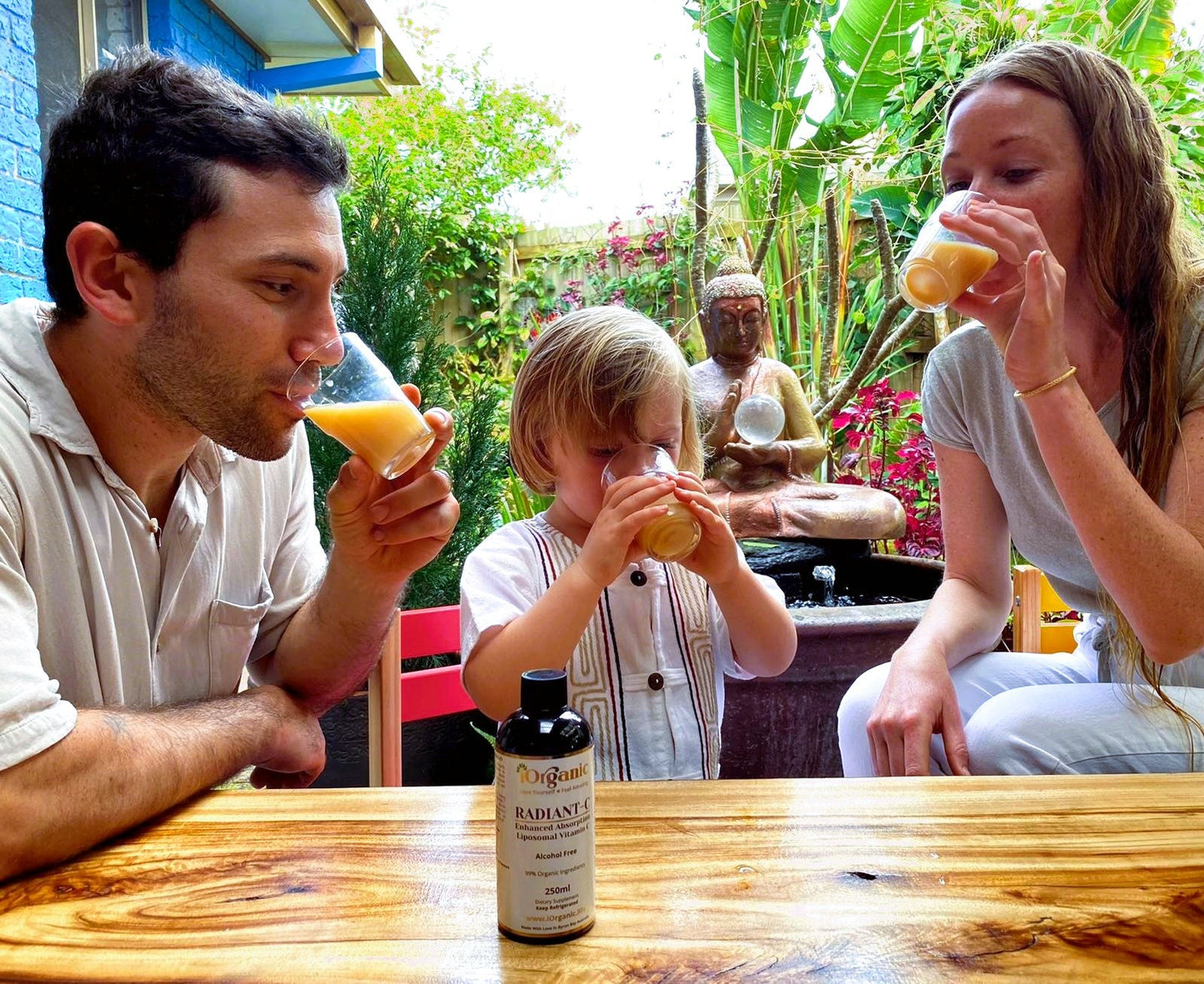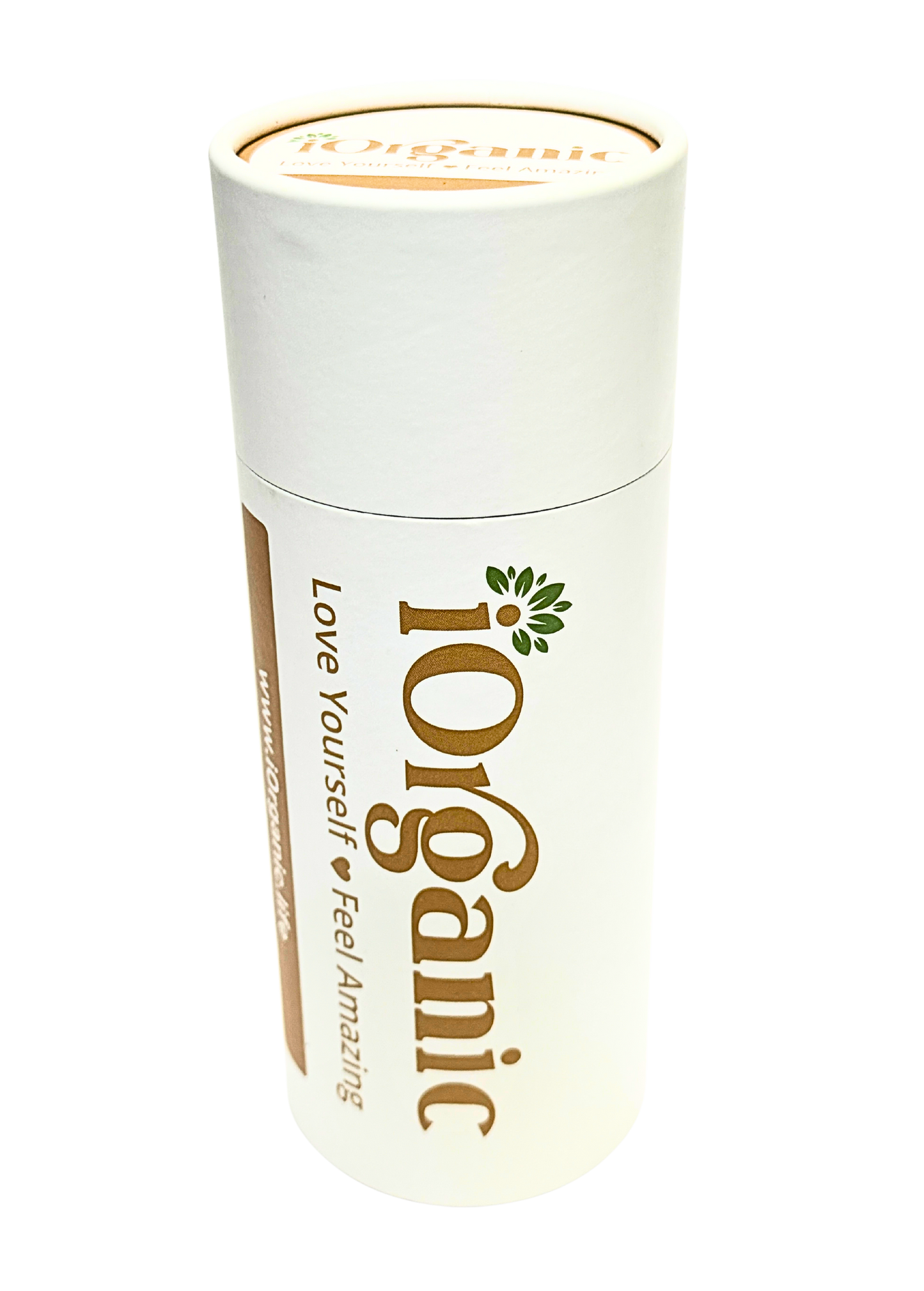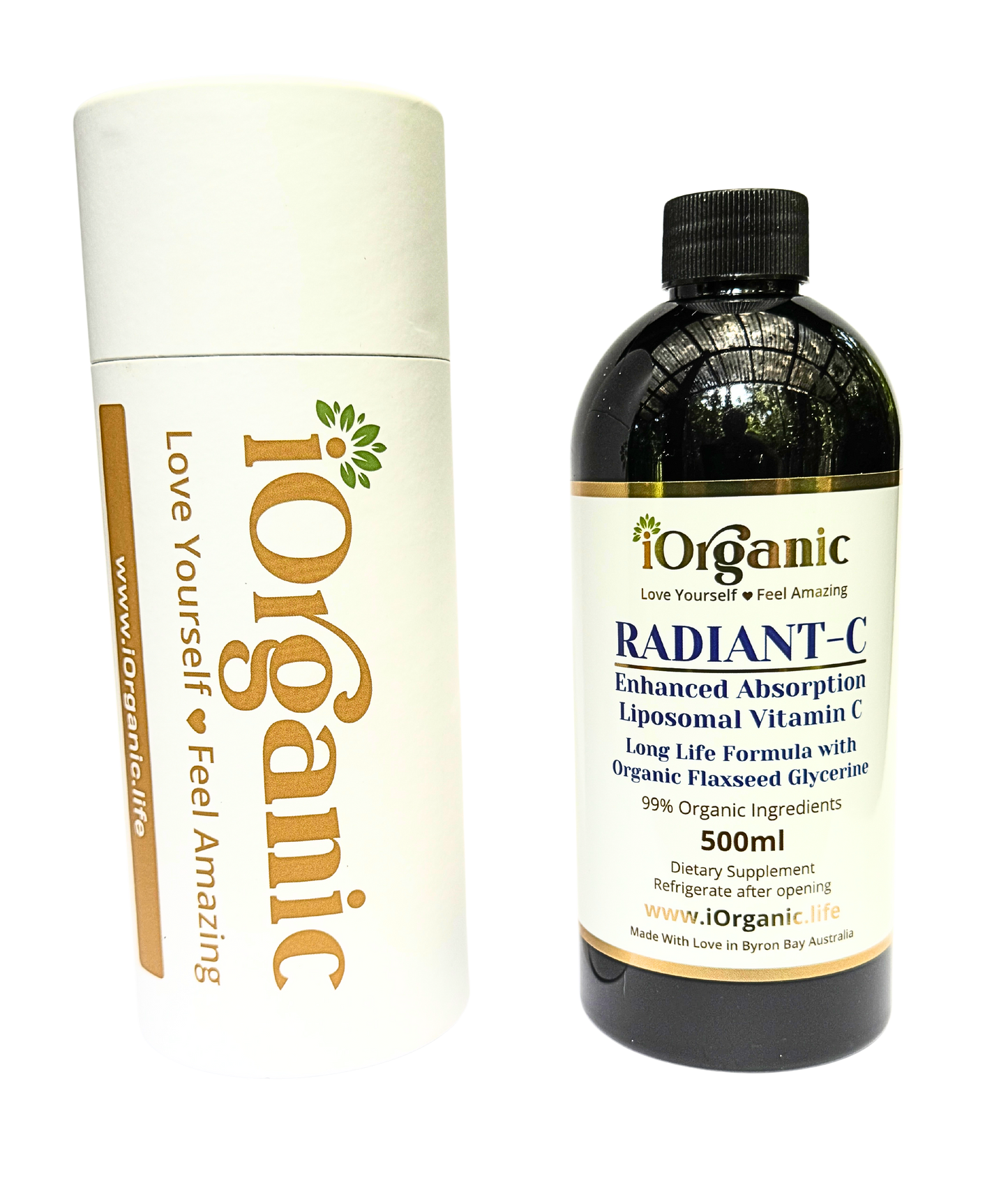I have made myself a student how to live the best life possible, physically, mentally, emotionally and spiritually and I understand that without a healthy body it is a challenge to get the best from life.
During my exploration I came across an Australian geneticist, Dr David Sinclair who is a pioneer in the quest to extend human life and improve health as we age.
Dr. Sinclair, a is also a professor at Harvard Medical School and his research focuses on identifying key mechanisms behind aging and developing interventions that could one day extend both the lifespan and healthspan—keeping people not only living longer but living healthier.
The Science Behind Longevity
Dr. Sinclair’s pioneering work is rooted in studying cellular aging, particularly through molecules that control how our cells respond to stress and damage over time. His research emphasises how small lifestyle changes, combined with advancements in medicine, can have profound effects on our longevity. His central theory, known as the “Information Theory of Aging,” suggests that aging is caused by the gradual loss of information in our cells, which disrupts cellular repair processes. According to Sinclair, the more effectively we can repair and maintain our cells, the slower we age.
A crucial part of his research has focused on specific molecules like NAD+ (nicotinamide adenine dinucleotide), a coenzyme essential for cellular energy and repair. As we age, NAD+ levels decrease, making it harder for our cells to function optimally. Sinclair’s research suggests that by boosting NAD+ levels, we may be able to extend lifespan and improve health, sparking a surge of interest in NAD+ precursors, supplements, and treatments.
The Role of Antioxidants in Longevity
Antioxidants also play a significant role in Sinclair’s approach to healthy aging. These compounds, found in foods like berries, dark leafy greens, and nuts as well as supplements including resveratrol ad vitamin C are known for neutralizing free radicals—unstable molecules that can cause cellular damage and accelerate aging. Dr. Sinclair’s studies indicate that antioxidants help support cellular health, potentially slowing the aging process and reducing the risk of age-related diseases.
Sinclair has stressed that while the body naturally produces some antioxidants, supplementing with certain foods and compounds may further protect cells. Some antioxidants also work as sirtuin activators, stimulating enzymes linked to longevity that help repair DNA, manage cellular stress, and improve metabolism. Resveratrol, for example—a compound found in red wine and grapes—activates sirtuins, and its longevity-promoting effects have been widely researched, thanks in part to Sinclair’s studies.
Practical Insights for a Longer, Healthier Life
Beyond supplements, Dr. Sinclair advocates for lifestyle habits that support cellular health. These include intermittent fasting, reducing sugar intake, regular exercise, and focusing on whole, plant-based foods. He also emphasizes cold and heat exposure (e.g., saunas or cold baths) as methods that challenge the body to maintain cellular repair and resilience, a concept known as “hormesis.”
The Future of Longevity Science
Looking ahead, Dr. Sinclair’s research opens new possibilities in medicine, as scientists work on developing therapies that could one day extend healthy human life far beyond what we currently imagine. Whether through NAD+ boosters, gene therapies, or CRISPR-based treatments, Sinclair’s vision of longevity is both ambitious and hopeful. His work challenges us to think not just about lifespan but healthspan—ensuring that we stay vital and disease-free as we age.
Final Thoughts
Dr. David Sinclair’s research offers a roadmap to living a longer, healthier life, with antioxidants and lifestyle habits playing a key role in this journey. While there is still much to learn, the steps we take today—embracing nutrient-rich diets, reducing stress, and prioritizing overall cellular health—may lead us to a future where aging is less about inevitable decline and more about ongoing vitality.


